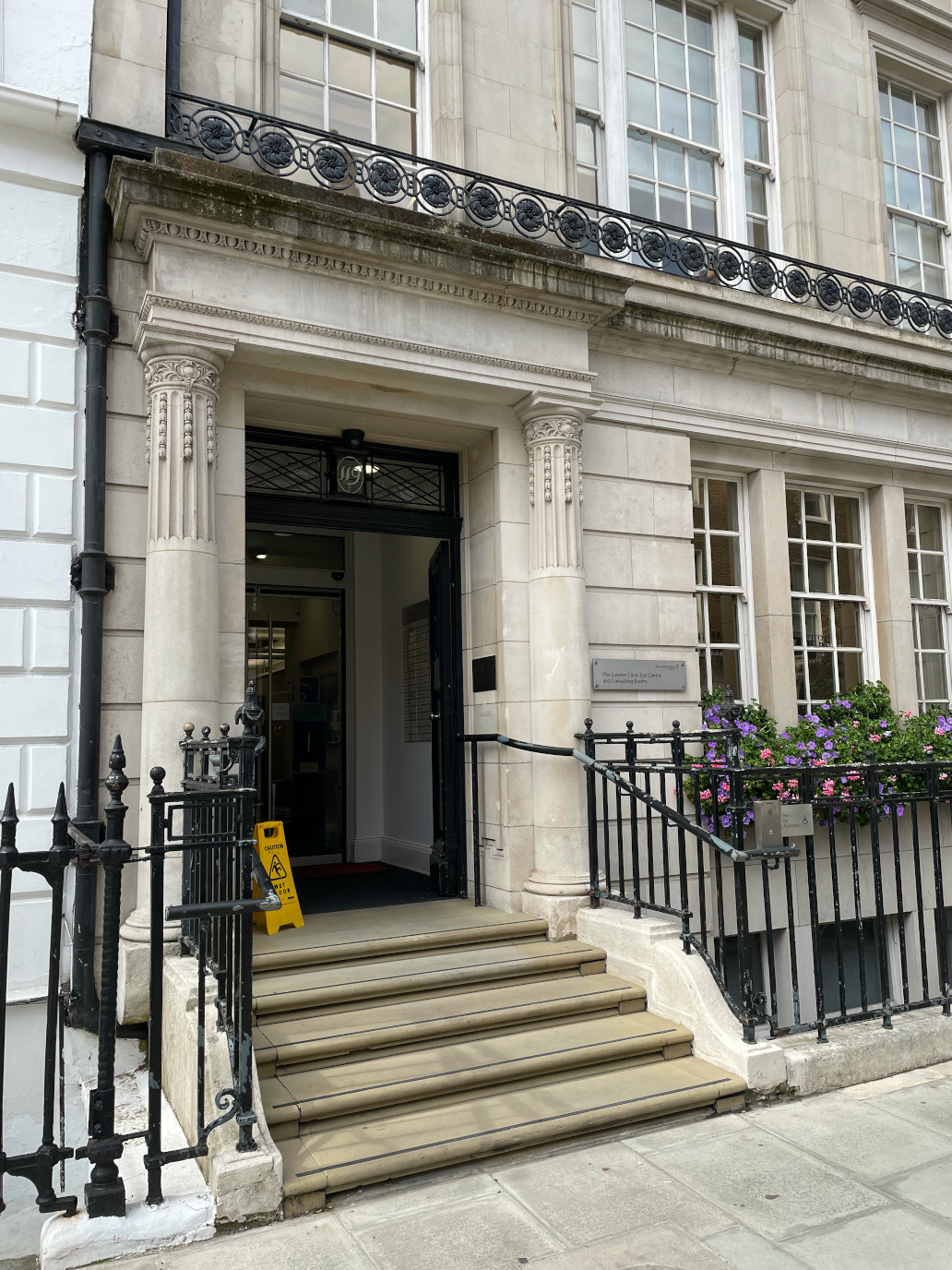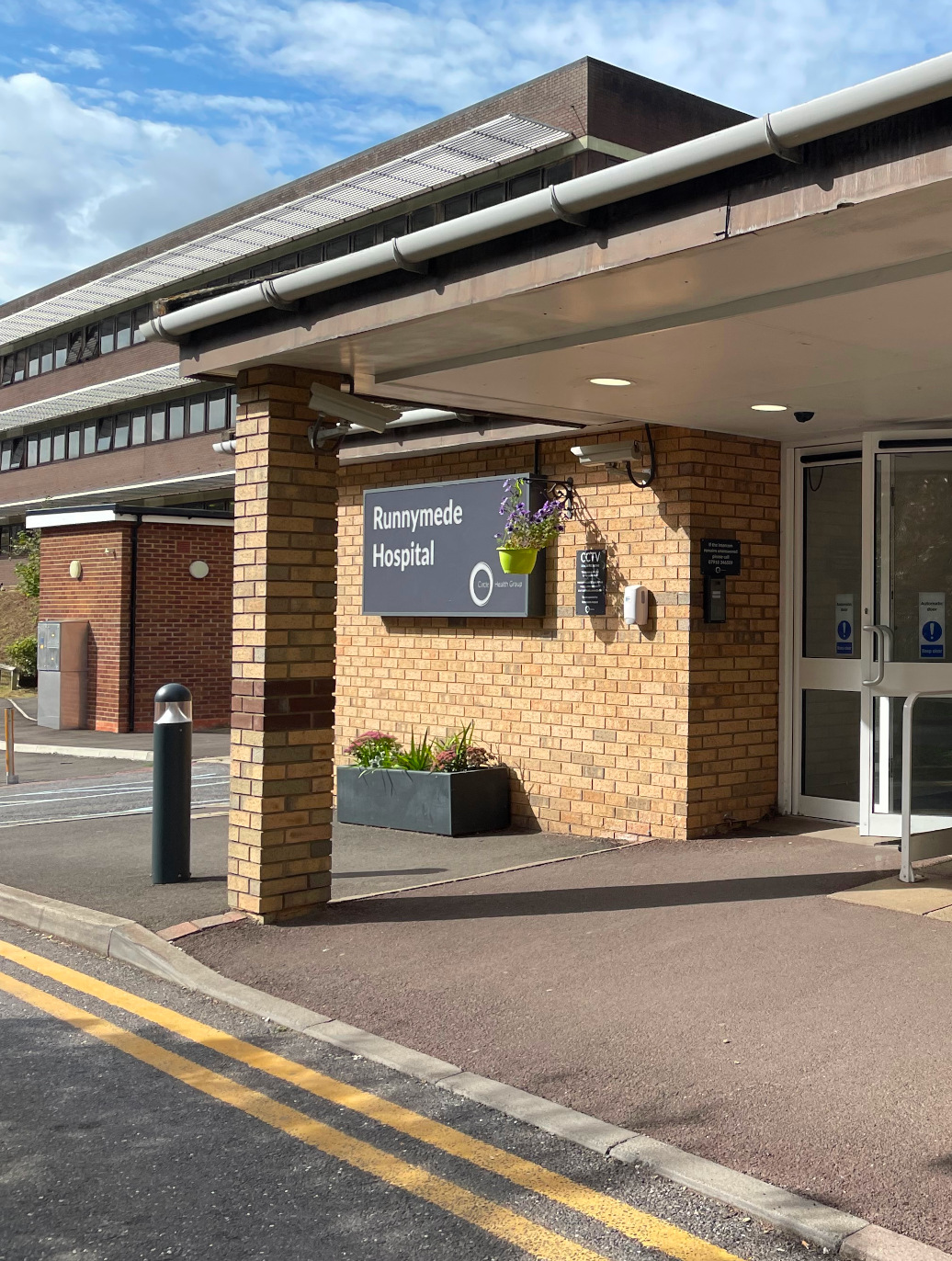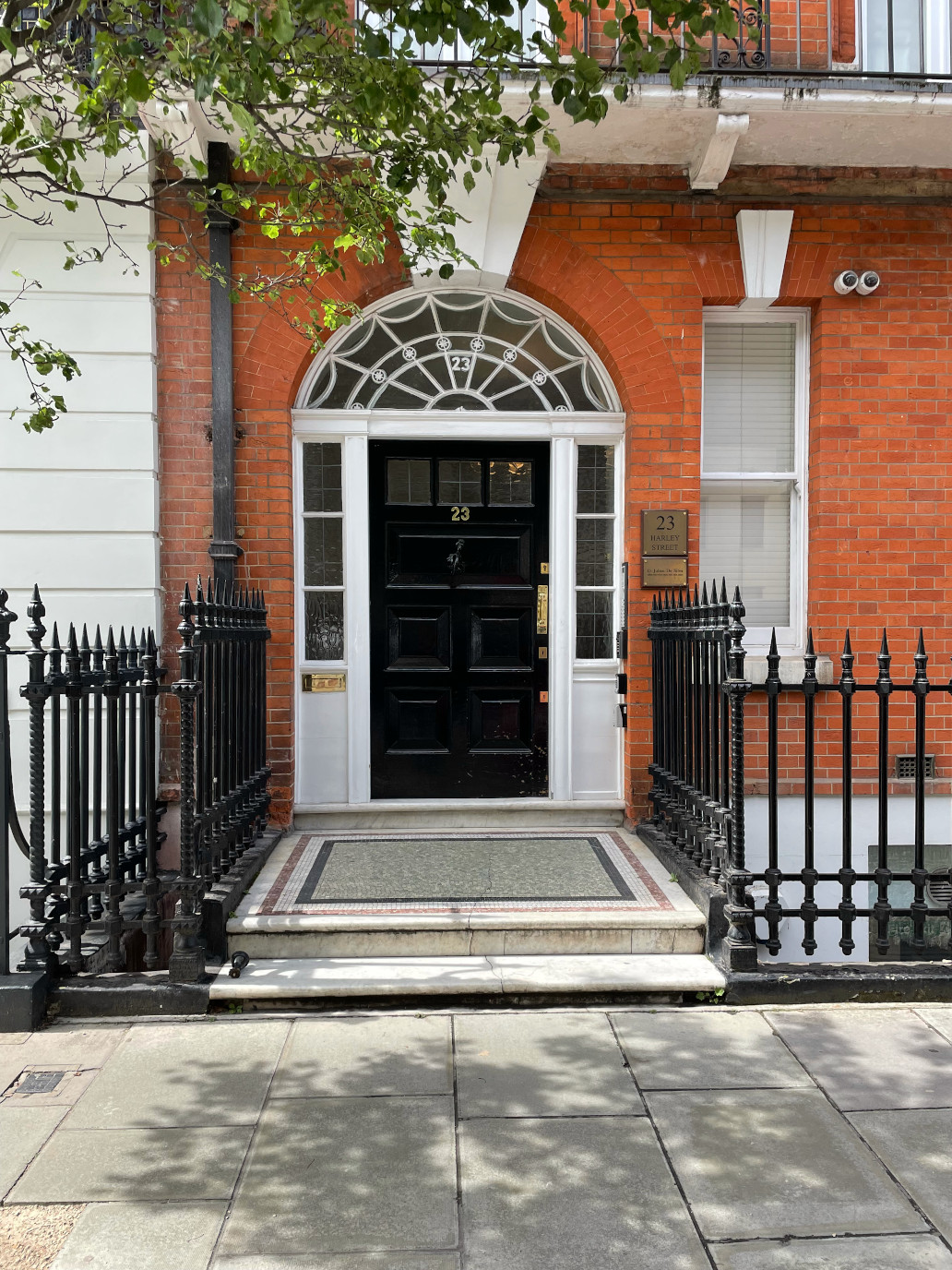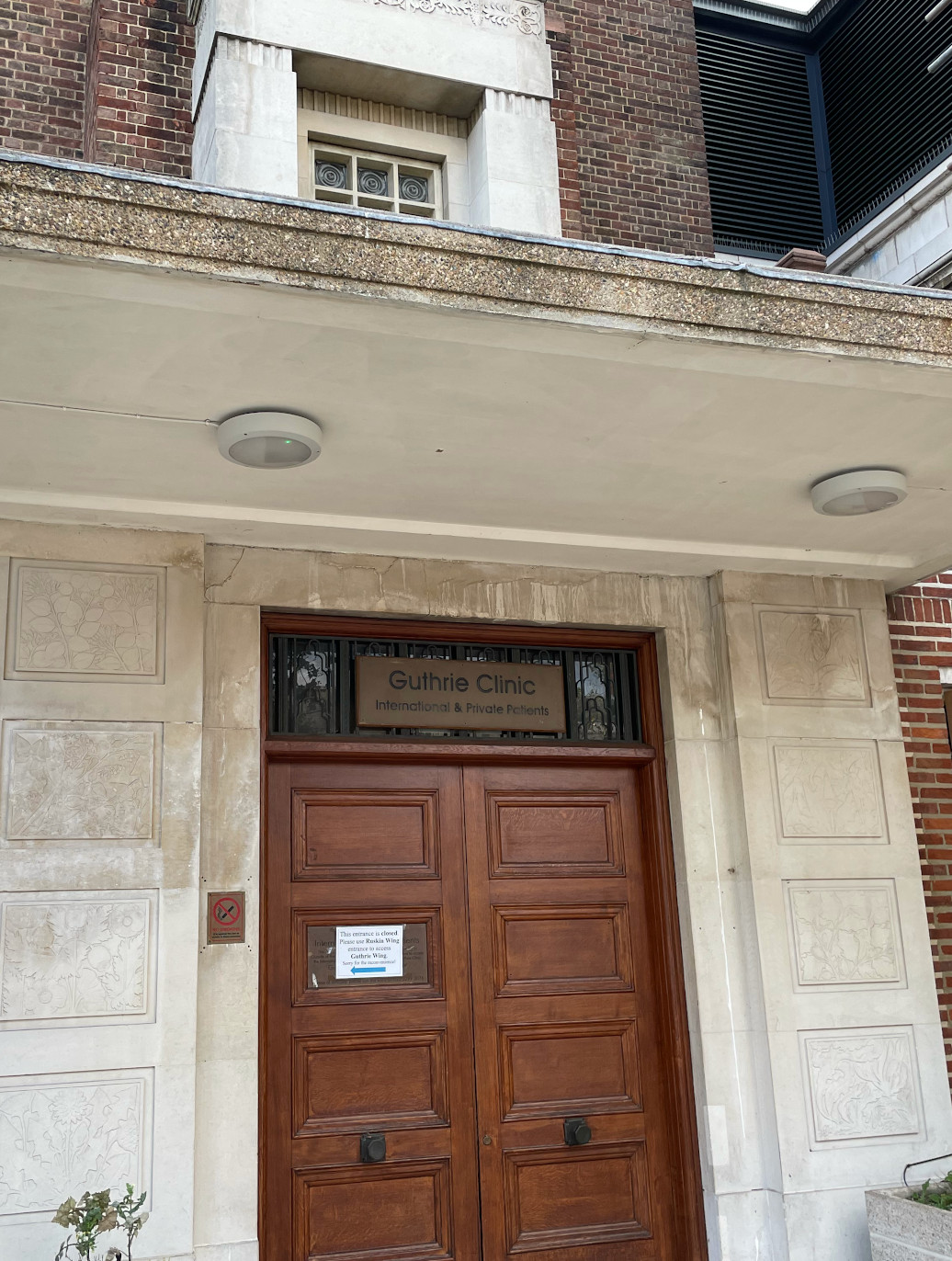What is Glaucoma?
Glaucoma is an eye disease characterised by progressive damage to the optic nerve, the crucial pathway connecting your eye to your brain. Without early detection and treatment, glaucoma can lead to irreversible vision loss and even blindness.
What causes glaucoma?
In healthy eyes, a fluid called aqueous humour continuously circulates and drains, maintaining normal eye pressure. Glaucoma develops when this drainage system malfunctions, causing fluid to accumulate and increase pressure within the eye. This elevated pressure damages the optic nerve, gradually affecting your vision.
Glaucoma can affect people of all ages but is most common in adults above 70 years of age.
What are the symptoms of glaucoma?
Glaucoma typically develops gradually and painlessly, often without any noticeable symptoms. The initial sign may be a subtle loss of peripheral vision (side vision). Both eyes are usually affected, although it may be worse in one eye.
In some cases, glaucoma can have a sudden onset, causing symptoms such as severe eye pain, redness, headache, halos around lights, and blurred vision. These symptoms require immediate medical attention.
- Severe eye pain
- Redness in the eye
- Headaches
- Tenderness surrounding the eye
- Halos around lights
- Blurry vision
Causes of glaucoma
- Age: The risk of glaucoma increases with age
- Ethnicity: Individuals of African, Caribbean, or Asian descent have a higher risk
- Family history: A family history of glaucoma increases your likelihood of developing the disease
Diagnosing Glaucoma
Regular comprehensive eye exams are essential for early detection of glaucoma. Opticians can perform quick and painless tests to measure your eye pressure and assess your peripheral vision. If glaucoma is suspected, you will be referred to an ophthalmologist for a detailed evaluation and diagnosis.
Treatments for glaucoma
While any vision loss caused by glaucoma cannot be restored, treatment can effectively halt or slow its progression.
The specific treatment plan will depend on the type and severity of your glaucoma, but common options include:
- Medicated eye drops: To lower eye pressure.
- Laser procedures: To improve fluid drainage or reduce fluid production.
- Surgical intervention: To create alternative drainage channels for the fluid.
You’ll also probably need regular appointments to monitor your condition and ensure treatment is working.
Living with Glaucoma
With early diagnosis and appropriate management, most individuals with glaucoma can maintain good vision and quality of life. However, glaucoma may affect your ability to perform certain activities, such as driving. Regular monitoring and adherence to your prescribed treatment plan are crucial for preserving your vision.
Regular eye exams are essential to reduce the risk of the condition progression. Schedule an eye check up with Mr Trikha today, especially if you have any risk factors for the disease.
Where to find us

The London Clinic Eye Centre

The Circle Hospital

23 Harley Street


